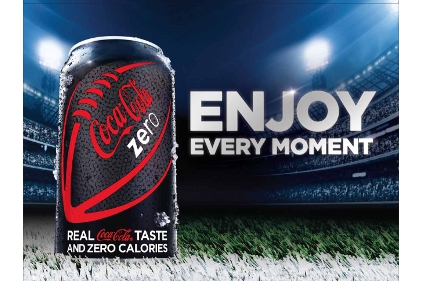Hey there, new followers! Being freshly pressed was pretty unexpected – Brad Pitt & Chanel was just a quick rant of a post – but awesome nonetheless, and I hope you’ll stay engaged because I love the dialogue; it’s really what makes advertising such a special medium.
So. Getting back to business, I want to talk about brands responding socially. They can do so in a number of ways, engaging followers and new consumers in ways that no one could have anticipated even a few years ago. Normally, we think of consumers reacting to brands – through advertising, product placement, etc.; we don’t so much think about interactions happening in the reverse.
But today, this is more and more so the case – and I’ve got a few prime examples. What got me thinking about this post was actually a tweet from my good friend @phil_munch (a great follow: he’s pretty hilarious, “yanno”).
A Facebook post from unassuming Brit (I assume), Thomas Cook, asked travel  brand Thomas Cook UK, for compensation – in the form of a weekend getaway to Paris – for the years of ridicule he endured as a result of his synonymity with the well-known brand.
brand Thomas Cook UK, for compensation – in the form of a weekend getaway to Paris – for the years of ridicule he endured as a result of his synonymity with the well-known brand.
Not the most ridiculous request, right? And built-in positive PR for the agency. Seems like a no-brainer, but Thomas Cook (the agency) replied that they are unable to just give away free vacations, and invited Thomas Cook (everyday Brit) to visit their website for affordable options.
Jumping on the opportunity, Charlotte Hunt of http://www.LowCostHolidays.com took a dig at the well-known agency, offered Thomas Cook his requested weekend abroad, and cleverly punned their way into the usage of the phrase “Thomas Crooked.”
So, lesson learned, Thomas Cook (the agency). When a PR opportunity this easy – honestly, how much does it cost to send one to Paris from London? College kids can pull it off affordably while abroad, I know – presents itself, you jump. Lest one of your competitors takes notice and action, before you can benefit.
In another great example, this week in sport marketing, someone brought up Coke Zero and their “social surprise” campaign taking place across the American South and the Twitterverse. Coke’s digital agency in Atlanta, CSE, tracks social media  diligently; and when they notice someone with a substantial following (500+) commenting on college football, they “surprise and delight” by, for instance, sending that Tweeter an autographed helmet.
diligently; and when they notice someone with a substantial following (500+) commenting on college football, they “surprise and delight” by, for instance, sending that Tweeter an autographed helmet.
In my favorite “surprise and delight” moment, a Vanderbilt student tweeted that he and three friends were traveling to Chicago for the Northwestern game and mentioned that they didn’t have tickets. CSE execs found the message and arranged for them to receive four tickets to the game for free.
Completely unwarranted – we’re not talking a sweepstakes, or really, anything from the brand side – Coke Zero is able to build a fan base that is instantly loyal by targeting socially active 18-34 year olds in their target base of college football, notably SEC, fans. I’m certain that if I received free tickets or autographed memorabilia from Coke Zero, all of my friends would know it and know how.
While Coke Zero and Thomas Cook are both great examples, nothing can possibly top Bodyform and its apology to Facebook commenter, Richard Neill. Neill, frustrated by the feminine hygiene brand’s constant lies regarding women’s beautiful, amazing, happy time of the month, posted on Bodyform’s Facebook page:
“As a child I watched your advertisements with interest as to how at this wonderful time of the month that the female gets to enjoy so many things. Then I got a girlfriend… you lied!! There was no joy… no blue water spilling over wings and no rocking soundtrack oh no no no.”
In response, Bodyform “CEO” Caroline Williams, set the record straight in this hilarious video, in collaboration with Carat:
Forced to acknowledge their blatant lies in response to Neill’s exposé, Bodyform drew global attention to its brand and told a refreshing amount of truth to men everywhere. You’re right, Mr. Neill, there will be no skydiving and pillow-fighting for me, no sir.
